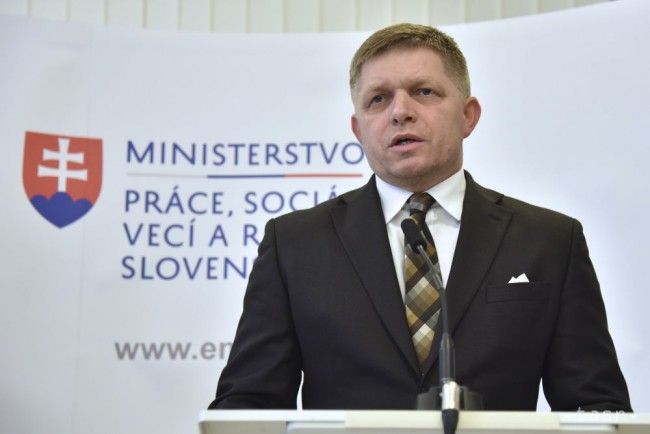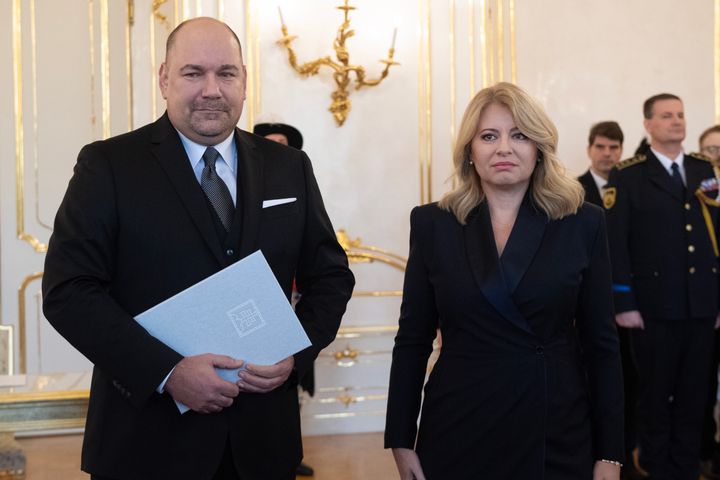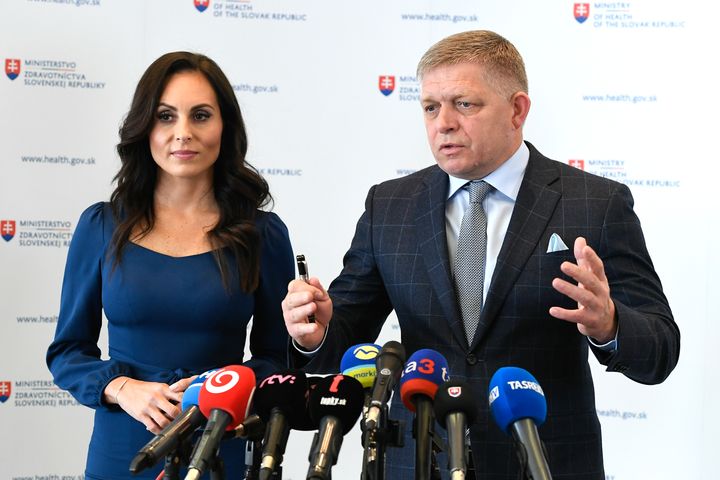Fico: We Managed to Cross Another Threshold in Reducing Unemployment

Bratislava, December 20 (TASR) – The unemployment rate in Slovakia has decreased to 8.78 percent chiefly thanks to active measures employed by the Government to support the labour market, Prime Minister Robert Fico (Smer-SD) told a news conference in Bratislava on Tuesday.
“We’ve managed to cross another threshold, and here is a result that pleases me very much, as I expected a development like this to come only in the next few months or even in 2018,” stated Fico.
Meanwhile, Fico said that the Government in January promised to create 100,000 new jobs and to bring the unemployment rate below 10 percent. “We are thus practically meeting an originally four-year plan as early as in 2016. The unemployment rate amounted to 8.78 percent in November. If we manage to maintain this pace, we might even exceed the all-time unemployment rate low seen in 2007-08 when it ranged between 7-8 percent. Active measures on the labour market will be instrumental in this,” said Fico.
The Government is also doing well in terms of creating new jobs, stated Fico, quantifying the number of new jobs created solely this year at 63,500. “We reported the highest-ever employment rate,” he stressed.
Labour, Social Affairs and the Family Minister Jan Richter (Smer-SD) stated that Slovakia has made “a step forward” in terms of reducing unemployment. “We wouldn’t have achieved this without our active measures on the labour market and targeted projects covered via the European Social Fund,” he claimed. The minister signed three more projects aimed at boosting employment on Monday (December 19).
Richter highlighted the fact that unemployment has been reduced in two high-risk categories, in particular in the category of people aged up to 25, as well as among the long-term unemployed. “Young people stay and work in Slovakia. This applies to university graduates and school-leavers as well. We can speak about 7 percent of them finding a job abroad. It’s important that these people are able to return home,” added Richter.
It’s the Government’s job to encourage young people to stay and work in their own country, stated Richter, adding that the minimum wage is a significant tool to help this. “This is also a challenge for us in 2017 to do our best, in cooperation with employers, to see the minimum wage increase,” said Richter.



